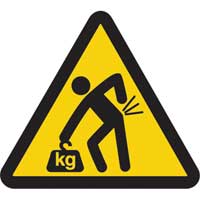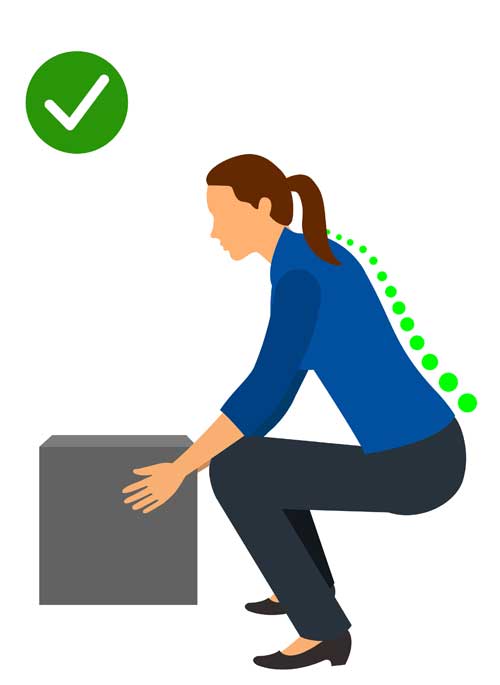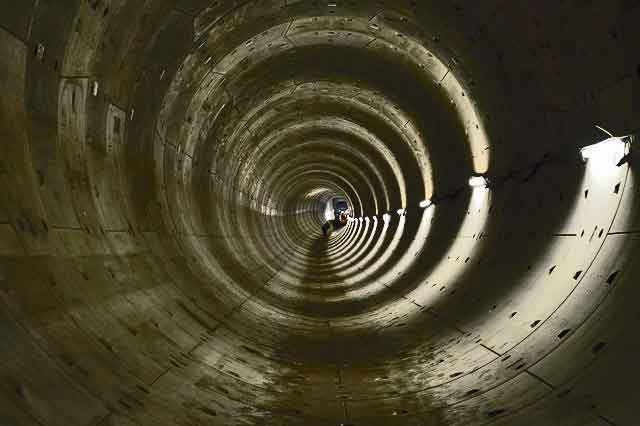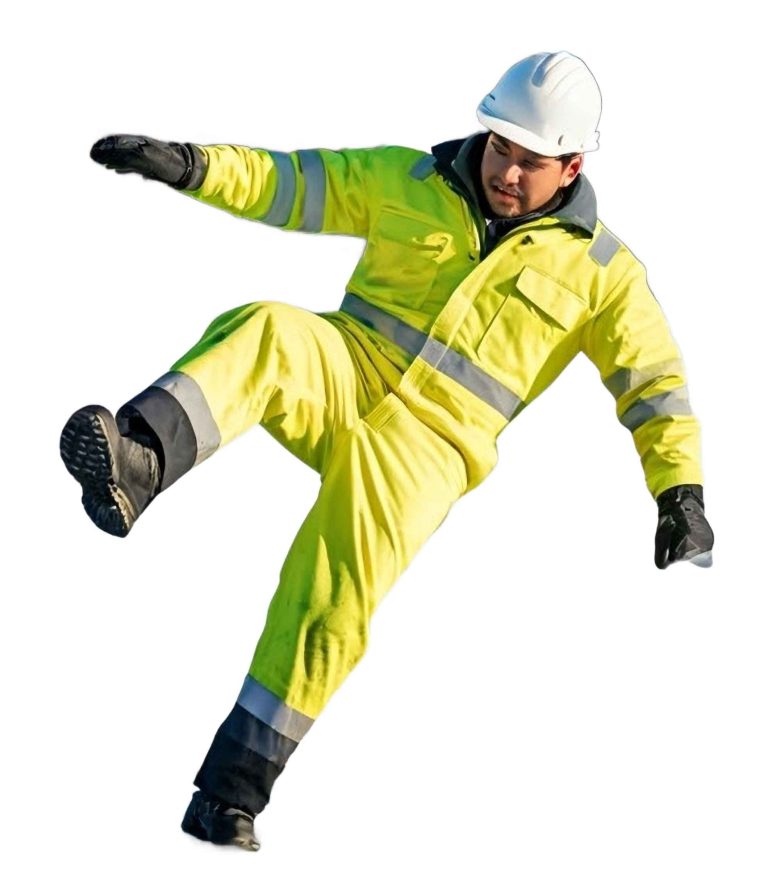My Back Is Killing Me! 3 Things You Need to Know to Relieve Back Muscle Strain?
A back muscle strain is excruciating! I speak from first-hand experience. Sometimes it just takes the slightest movement, or other times it is because I did something I know I shouldn’t do, like lifting something heavy while in an awkward position. Fortunately, there are some things you can do to relieve back pain and get back to normal quicker after a back injury.
You Are Not Alone in Having a Back Muscle Strain
The most commonly injured body part at work is the back. Low back pain (LBP) is the leading cause of musculoskeletal disability worldwide, according to the Canadian Association of Workers’ Compensation Boards of Canada and the U.S. Bureau of Labor Statistics. Up to 84% of the general population will experience an episode of LBP during their lifetime, and recurrence rates are high. Sadly, back injuries often recur. Statistics indicate that seven out of ten people who recover from an episode of low back pain will experience a recurrence within the following year.
What Should I Do if I Have a Back Injury?
Ok, I have a back muscle strain. What should I do? Unfortunately, even with all our technological and medical progress, there is no magic bullet to make our back pain disappear.
If your back pain hasn’t gone away for more than two weeks, you have extreme pain, have a loss of sensation, have difficulty walking or moving your legs, or experience bowel or bladder dysfunction, visit your doctor immediately.
This is what we do know to help relieve back muscle pain. There is evidence that local heat, acupuncture and massage/manipulations help reduce back pain. Bed rest is not recommended (sorry!). The opposite is true. Moving and exercising help reduce the intensity of back pain. The combination of exercise and education has also been shown to help prevent the recurrence of low back pain. Even a walking program can significantly reduce the recurrence of low back pain. So get those steps in.
Most back muscle strain symptoms gradually improve on their own, but medications have been shown to help reduce back pain if you need immediate relief. Unfortunately, all medications can have adverse effects. This includes common pain relievers available over the counter at drug stores. Before taking any medications, even over-the-counter medications, supplements or herbs, consult your physician for a thorough evaluation.
Medications For Back Pain
Opioids should be avoided. Opioids will not reduce the pain better than other medications and have been shown to cause severe side effects, cause addiction and may even lead to death.
Recent studies have shown that the two main classes of medications that will help reduce back muscle strain pain are muscle relaxants and non-steroidal anti-inflammatory drugs (NSAIDs).
What are NSAIDS?
Common over-the-counter NSAIDs include:
- Aspirin (salicylates) – may be combined with other ingredients known by brand names such as Anacin®, Ascriptin®, Bufferin®, or Excedrin®).
- Ibuprofen – known by brand names such as Motrin® and Advil®
- Naproxen sodium – known by the brand name Aleve®
Acetaminophen (Tylenol®) is not an NSAID. It’s a pain reliever and fever reducer, but doesn’t have the anti-inflammatory properties of NSAIDs.
NSAIDs are not risk-free. The risk increases with age, the amount taken, and the duration of use. If you have cardiovascular problems or are over 65, make sure to talk to your doctor before taking these over-the-counter medicines.
Preventing Back Injury
Getting to the source of the problem is essential so you don’t hurt your back again. Most back injuries are not from a single action but from months or years of abuse. Look at your workplace and adjust it, if you can, so that you are doing less bending, lifting and twisting.
If heavy lifting is part of your daily tasks, consider getting closer to the load and applying proper lifting techniques. Whenever possible, use mechanical devices to support and help with heavy loads.
Working in cold environments is associated with higher rates of back pain. Make sure you know when it is too cold to work.
If you work at a desk, ensure your chair, mouse, and monitor are at the correct heights. Motion is medicine – move around during the day and don’t stay in the same position for hours on end.
Please make sure you also know how to protect yourself from chemical hazards. Take the free WHMIS training or the Free Hazard Communication Standard Training.
Hopefully, this page has provided helpful information to relieve your back muscle strain pain. Please check the links provided above for more details and consult your doctor if the pain is extreme or persists.
This website does not contain medical advice. The contents of this website, such as text, graphics, images and other material, are intended for informational and educational purposes only and not to render medical advice. The contents of this website are not intended to substitute for professional medical advice, diagnosis or treatment.










great information , always good to stretch before and even during work , a couple mins will save you pain in the long run !!!
This exercise has provided helpful information to relieve your back muscle strain pain
great information , always good to stretch before and even during work , a couple mins will save you pain in the long run !!!
Rest and some special exercise and walking in the water.